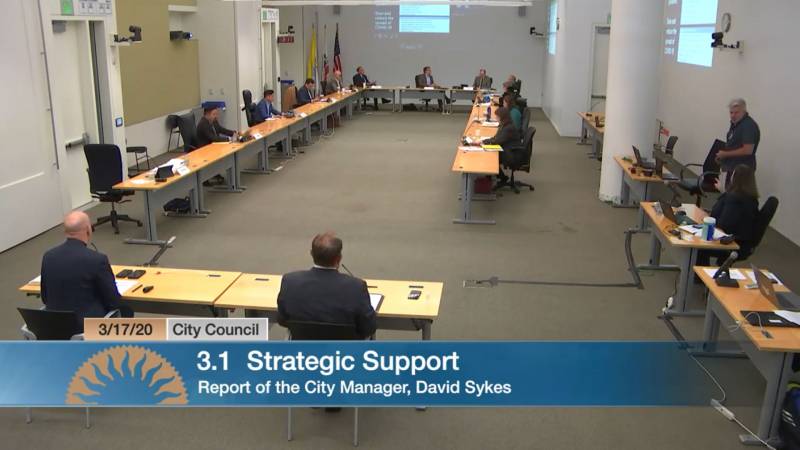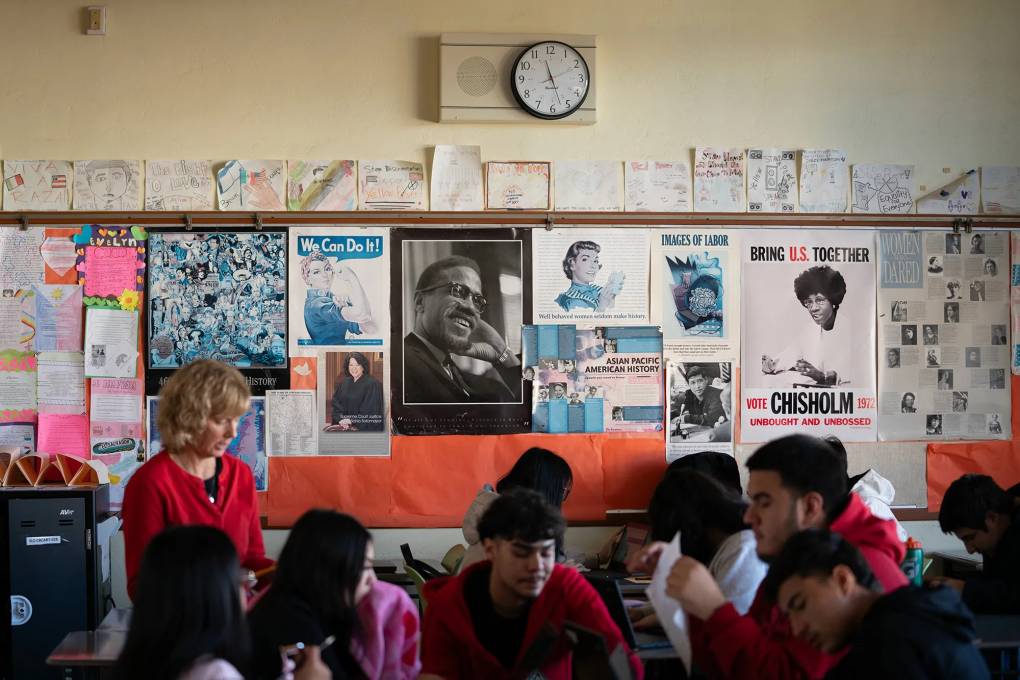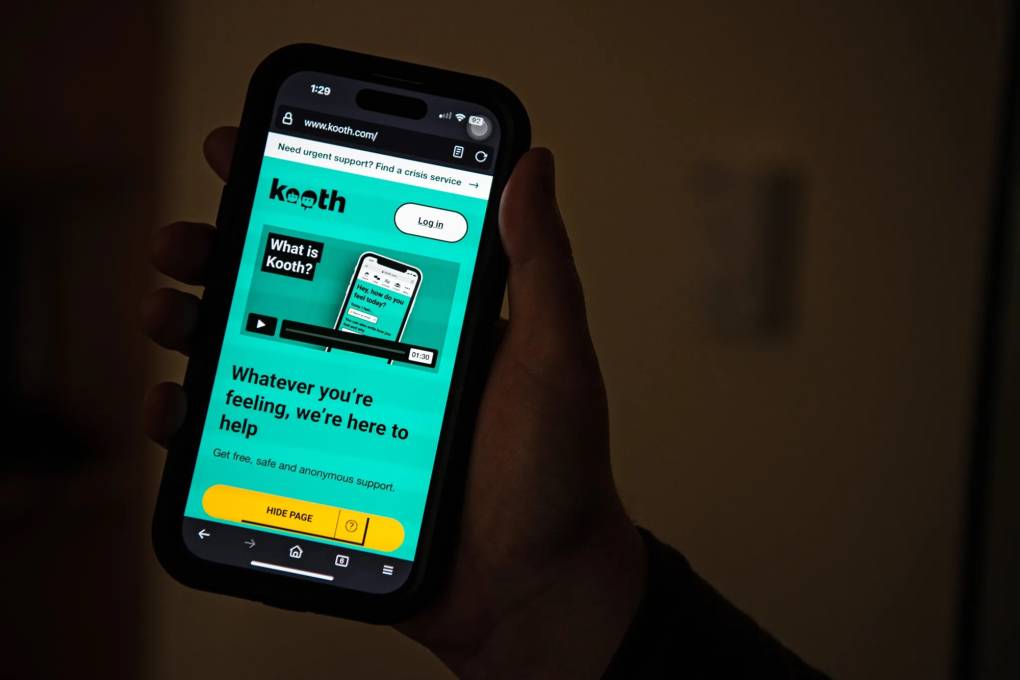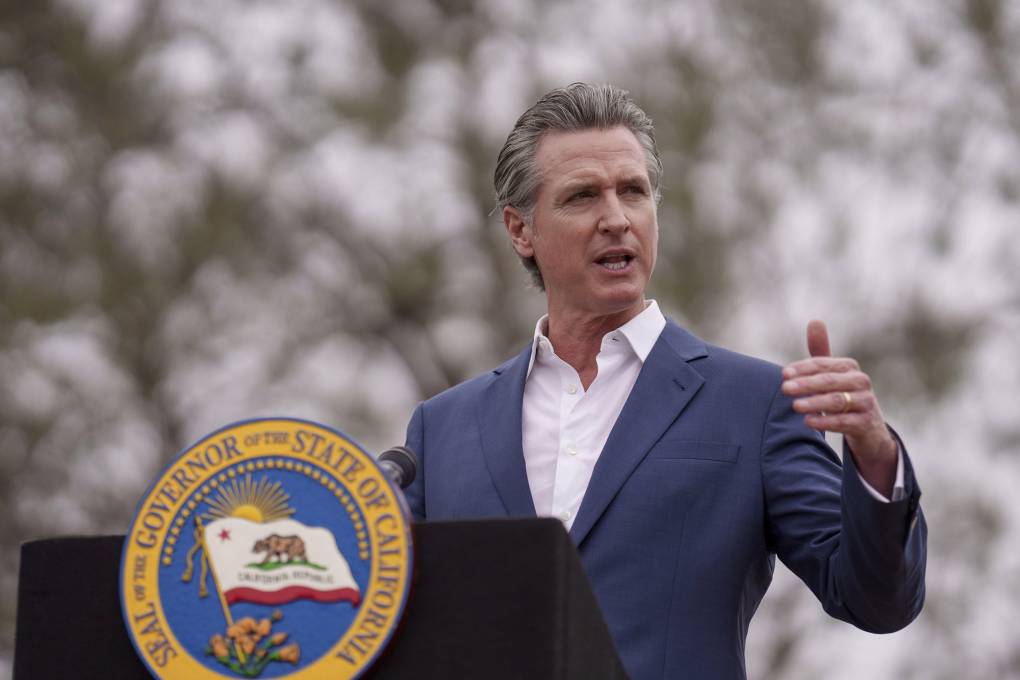Local elected officials in the Bay Area moved to adapt public meetings to deal with the shelter-in-place order for millions of residents across six counties during the region’s coronavirus outbreak.
On Tuesday, the traditional day for most county and city meetings, supervisors and council members announced protocols for how gatherings would balance the needs for public comment and public health.
“Obviously they are public in a pretty unorthodox way as we adjust in this post-pandemic world,” San Jose Mayor Sam Liccardo said.
As local leaders scrambled to plan for future meetings, they laid out diverging plans on how those hearings will take place.
Liccardo and the rest of the San Jose City Council met in a side room at City Hall, listening to public comments being streamed from residents who gathered in the main council chambers. City security planned to escort 35 members of the public into the chambers at a time to maintain social distancing.
The Alameda County Board of Supervisors decided to continue meeting in the board’s chambers.
“We will implement Alameda County Public Health Department-approved social distancing requirements, have hand sanitation stations available and thoroughly disinfect the chambers prior to and after meetings,” said a spokeswoman for board President Richard Valle.
Other local governments prepared to reach a quorum entirely over remote connection.
In San Francisco, Board of Supervisors President Norman Yee hinted that Tuesday’s gathering would be the last in the supervisors’ chambers for the foreseeable future.
“During this emergency, we may also be moving the Board of Supervisors meetings and committee meetings remotely through video conferencing,” Yee said. “We will return to meetings back at the Board of Supervisors chambers as soon as we feel appropriate to do so.”



